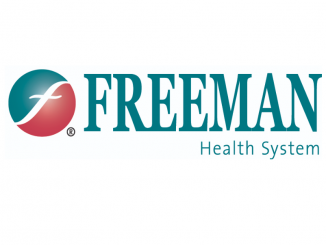
Written by Dr. Andrea Cullers, RDN, Associate Professor of Kinesiology at Missouri Southern State University
You may think of “Fake News” and politics, but “Fake Nutrition News” is even more rampant. “Carbs make you fat,” “Gluten causes weight gain,” and “Vitamin D supplements prevent COVID-19” are all headlines and social media stories that you have probably seen and they are all “Fake Nutrition News.”
In this world of “Fake Nutrition News,” how do we know when sources of information are reliable? A few pointers to avoid misinformation are:
- If a website or article is trying to sell a product, then the information is likely false.
- If a food is either vilified or called a cure-all, then it is probably false information.
- If the food or supplement is promising a quick fix, then it is probably false.
So, where do we go for accurate nutrition information? Websites that end in .org or .edu typically provide more reliable information. Stories written by registered dietitian nutritionists are also more fact-based and trustworthy sources. The Academy of Nutrition and Dietetics and the Missouri Council for Activity and Nutrition are both accurate, reliable, and up-to-date sources of nutrition information.
Read more about distinguishing fake nutrition news from facts, here.






Be the first to comment